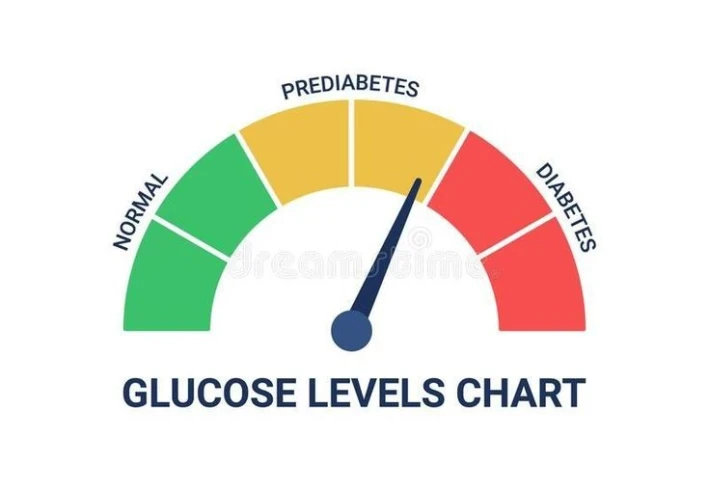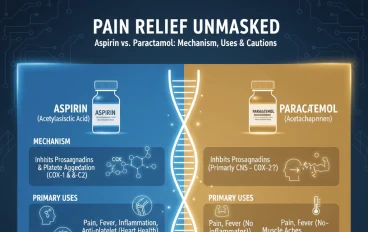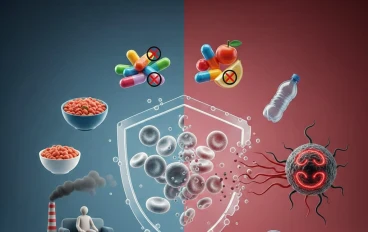
Insulin Resistance: The Silent Disruption Behind Blood Sugar Issues
Insulin Resistance: The Silent Disruption Behind Blood Sugar Issues
Insulin resistance – a term often whispered in doctor's offices – can wreak havoc on your blood sugar levels and overall health. But fear not! Understanding what insulin resistance is, its causes, symptoms, and treatment options empowers you to take control of your health.
What is Insulin Resistance?
Imagine insulin, a key produced by your pancreas, as the gatekeeper to your cells. It unlocks the door, allowing sugar (glucose) from your bloodstream to enter and fuel your body. In insulin resistance, this process gets jammed. The cells become resistant to insulin's message, causing sugar to build up in the bloodstream instead of being absorbed properly.
Insulin resistance often progresses without noticeable symptoms, making it a sneaky culprit behind blood sugar issues. However, some potential warning signs include:
- Increased thirst and urination: The body tries to expel excess sugar through urine, leading to frequent bathroom trips and increased thirst.
- Fatigue: Cells starved of sugar, their primary fuel source, can lead to tiredness and fatigue.
- Blurred vision: High blood sugar can affect the lenses in your eyes, causing blurry vision.
- Dark patches on the skin (acanthosis nigricans): This condition can appear as velvety, darkened patches on the neck, armpits, or groin.
- Slow healing wounds: High blood sugar can impair the body's ability to heal wounds properly.


Risk Factors: Unveiling the Culprits
Several factors can increase your risk of developing insulin resistance, including:
- Excess weight, especially belly fat: Fat cells can impair insulin sensitivity.
- Physical inactivity: Regular exercise improves insulin sensitivity.
- Polycystic ovary syndrome (PCOS): A hormonal imbalance that can contribute to insulin resistance.
- Family history of diabetes: Genetics can play a role.
- Unhealthy diet: Sugary drinks, refined carbohydrates, and excessive saturated fat can worsen insulin resistance.
Combating the Resistance: Treatment Options
The good news? Insulin resistance is often reversible or manageable with lifestyle changes. Here are some key strategies:
- Healthy Weight Management: Losing even a modest amount of weight can significantly improve insulin sensitivity.
- Embrace Exercise: Aim for at least 30 minutes of moderate-intensity exercise most days of the week.
- Dietary Changes: Focus on whole grains, fruits, vegetables, and lean proteins. Limit sugary drinks, processed foods, and saturated fats.

- Manage Stress: Chronic stress can worsen insulin resistance. Explore stress-reduction techniques like yoga or meditation.
- Medication: In some cases, medication may be necessary to manage blood sugar levels.

Regular checkups with your doctor are crucial for early detection of insulin resistance. Blood tests can measure your fasting blood sugar and hemoglobin A1c (HbA1c) levels, which provide insights into your blood sugar control over time.
Living a Thriving Life with Insulin Resistance
By understanding insulin resistance and taking proactive steps, you can manage your blood sugar and optimize your health. Remember, you're not alone! Many resources and support systems are available to help you on your journey to well-being.





































